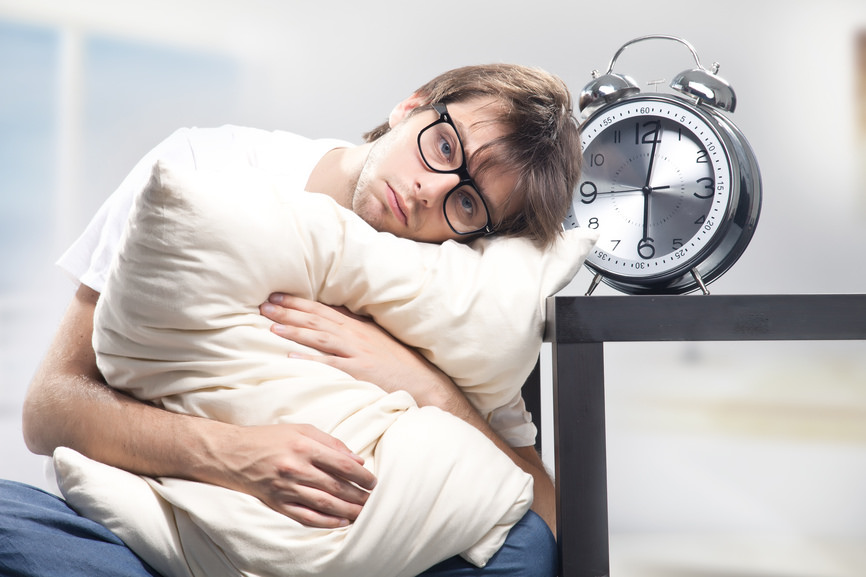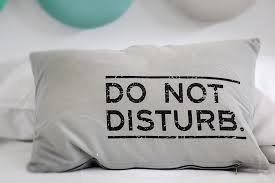Every day we are treated to dozens of commercials making all kinds of claims. Some claims are more believable than others. Some claims are genuine and have been backed by scientific proof or empirical data. Unfortunately, there are many companies that indulge in false advertising with the sole intent of garnering traction. While most of these claims appear too good to be true, yet every once in a while people want to believe that the utopian is indeed real.
MyPillow ads were everywhere. They were in the form of infomercials whereas what they shared was not information and certainly not scientifically proven facts. In all fairness to MyPillow ads, their claim of being the most comfortable pillow you’ll ever own may be true, although it is debatable if such an attribute is universal. The definition of comfort varies from person to person and it is indeed a subjective matter. What really rang the alarm bells were the claims of MyPillow that it can cure fibromyalgia, reduce or treat snoring and help with migraines among various other medical conditions.
The company has been fined $1 million for false advertising. The deceptive advertising practices had been brought forward by prosecutors across nine counties in California. The prosecutors highlighted that MyPillow spends around $1.4 million every week to advertise its product and has sold eighteen million pillows in a span of ten years.
The Minnesota based company has been pulled up by the courts and they have been reprimanded for presenting information without no factual basis or scientific proof. They cannot claim any more that their pillows can cure migraine or treat snoring. They need to furnish scientific proof before they do that.
MyPillow has been instructed to pay close to a million,
$995,000 in civil penalties. It will also donate a hundred thousand towards providing shelters for the homeless and for the welfare of victims of domestic violence.
Jeff Rosen, the District Attorney for Santa Clara County, has said that it is their intent to hold every such company accountable for their false claims. Michael Lindell, the CEO of MyPillow, has a different take on the lawsuit and the subsequent judgment. He says that they had committed no wrong and that they wanted to settle the lawsuit and move on. Whatever that means for consumers or the prosecutors, the company clearly doesn’t want to accept their misleading and deceptive practices.
For consumers, don’t buy the claims that MyPillow can cure sleep disorders, be it sleep apnea or insomnia, symptoms of restless leg syndrome or anxiety, multiple sclerosis or cerebral palsy.


